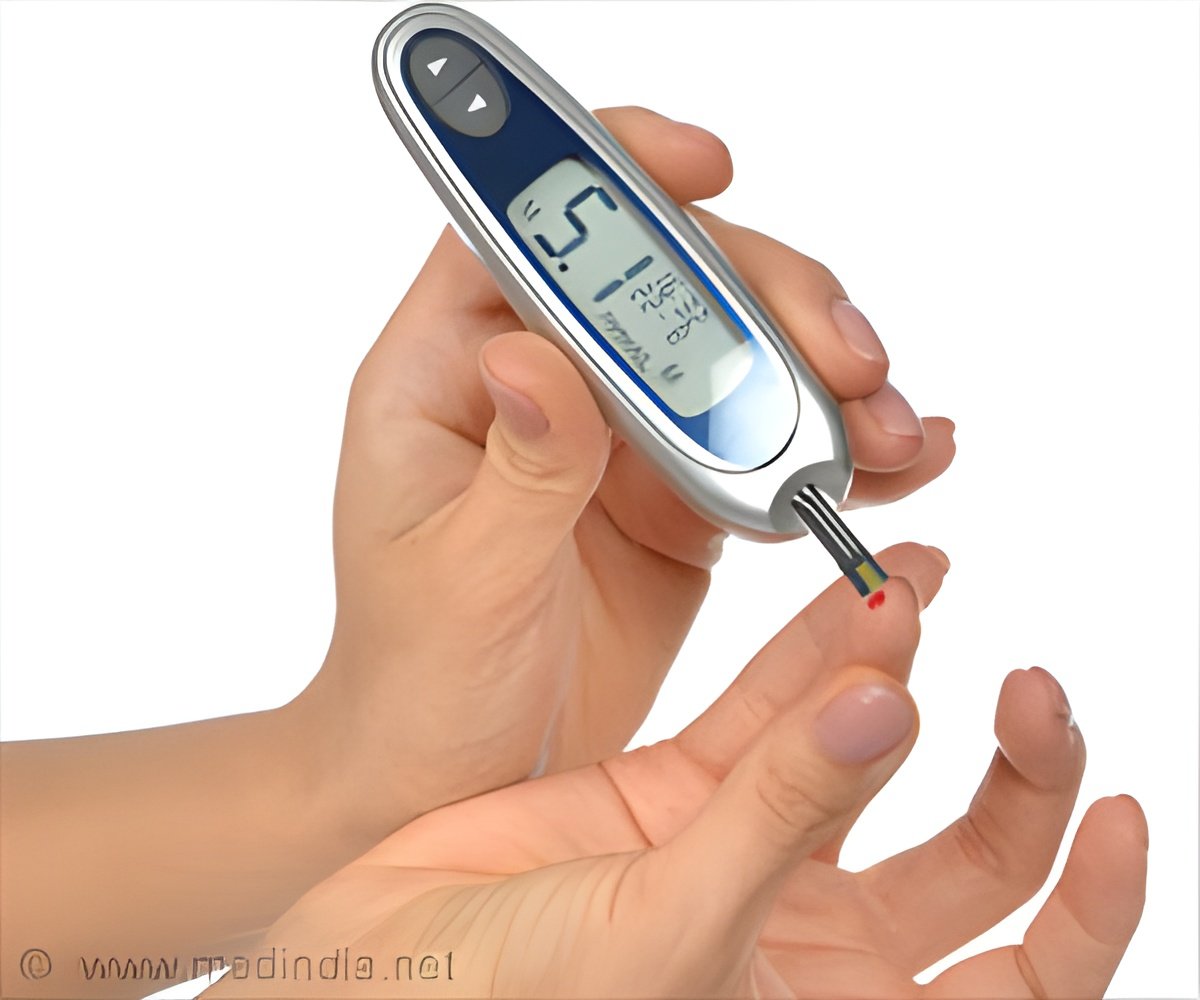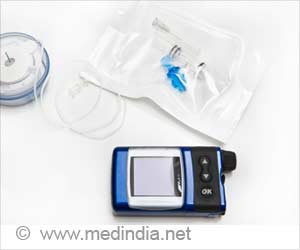The diabetes-induced changes in heartbeat are primarily regulated by the β1-adrenoceptor, and not the β2-adrenoceptor.

‘Diabetes-induced heart rate dysregulation can be treated effectively with beta-blockers that target the β1-adrenoceptor.’





Beta-blockers block hormones like adrenaline and can used to decrease heart rate and blood pressure in the treatment of conditions such as angina or high blood pressure. Some beta-blockers are not effective in reducing the heartbeat of diabetics and can even worsen the blood glucose levels of patients. It is not known which beta-adrenoceptor type is responsible for these effects. This study suggests that beta-blockers targeting the β1-adrenoceptor would be more effective for diabetics.The researchers implanted two devices into a rat model of diabetes. The first device measured blood pressure and heartbeat, and the second device injected drugs that reduce heartbeat by targeting the beta-adrenoceptors. This approach allowed the researchers to distinguish between the contributions of the two different beta-adrenoceptors (β1 and β2).
Regis Lamberts, the corresponding author, said, "This study provides novel insight into the pathological basis of heart rate dysregulation in type 2 diabetes. This could help us develop drugs to better address heart problems in people with diabetes."
Source-Eurekalert















